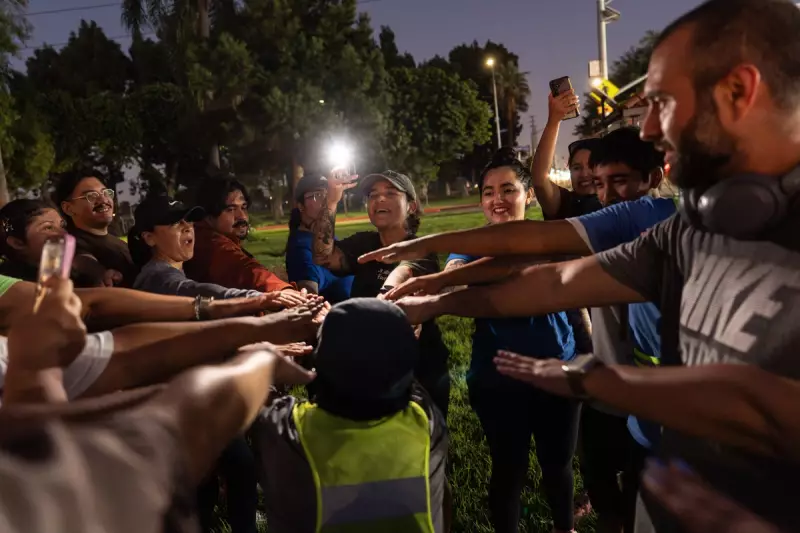
In a legal battle that could reshape the boundaries of free speech in the digital age, the US Supreme Court is grappling with a fundamental question: when government officials use social media, are they acting as private citizens or representatives of the state?
The Case That Started With an Instagram Block
The controversy centres on healthcare activist Steven Vargas, who found himself blocked from commenting on the Instagram account of a former US border patrol agent. What began as a simple social media interaction has evolved into a constitutional showdown that could define free speech rights for the social media era.
Vargas, a California-based healthcare professional, had been engaging with posts by former agent Jesus Chavez, who used his Instagram account to discuss border enforcement operations. When Vargas's critical comments disappeared and he discovered he'd been blocked, he took legal action that has now reached the nation's highest court.
A Legal Grey Area With Far-Reaching Implications
The central question before the justices is whether public officials' social media accounts constitute government property when used for official purposes. Legal experts suggest this case could establish crucial precedents for how First Amendment protections apply to digital platforms.
"This isn't just about one Instagram block," explains constitutional law professor Eleanor Vance. "It's about defining the rules of engagement between citizens and their government in the 21st century. The court's decision could affect millions of interactions between public officials and constituents on platforms like Facebook, Twitter, and Instagram."
Previous Rulings Create Conflicting Precedents
The Supreme Court has previously ruled that public officials can block users from personal accounts, but the lines blur when officials mix professional and personal content. Lower courts have reached contradictory conclusions in similar cases, creating a legal patchwork that demands Supreme Court clarification.
In one notable precedent, the court found that former President Donald Trump violated the First Amendment by blocking critics from his Twitter account. However, that case involved an account clearly used for official presidential communications.
What's at Stake for Digital Democracy
The outcome could have profound implications for:
- Government transparency: How accessible must public officials be to constituent feedback?
- Digital town halls: Whether social media platforms serve as modern public forums
- Official accountability: The rights of citizens to criticise government actions online
- Platform responsibility: How social media companies moderate government accounts
As the justices deliberate, activists, legal scholars, and government officials alike await a ruling that could fundamentally reshape the relationship between citizens and their government in the digital public square.





